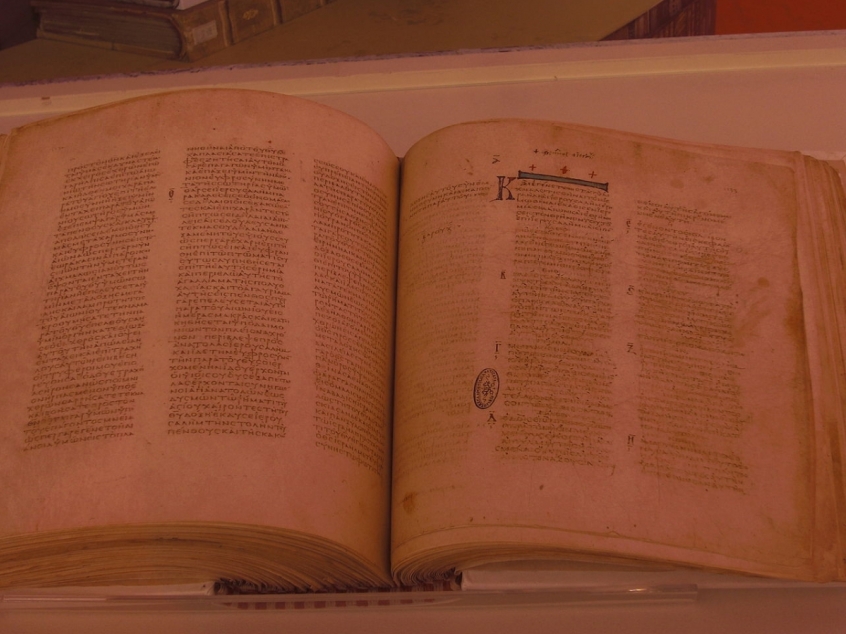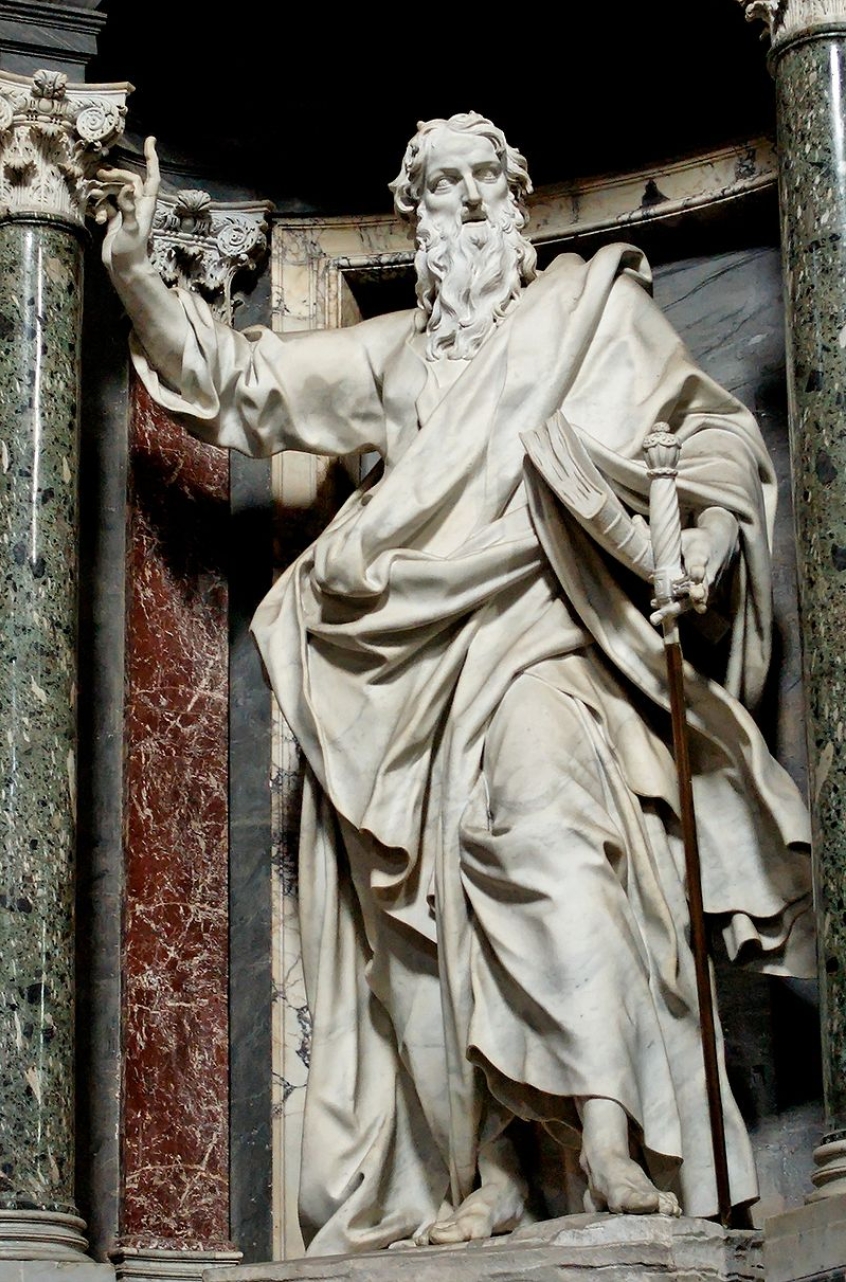The Apostle Paul never told women to be silent in church and the Bible passage that indicates he did was a later addition by scribes, scholars have said – though others have rebutted their claims.
It remains one of the most controversial clauses in the New Testament and has fuelled centuries of misogyny as well as supporting the belief women should not be ordained.
But the infamous instruction in 1 Corinthians 14 that 'women should remain silent in the churches' was added later and was not written by the original author St Paul, according to analysis of ancient manuscripts by academics at the University of Cambridge.

The presence of a tiny dash, known by scholars as 'distigme-obelos' which indicates a section of text added later and not present in the earliest versions, could unravel centuries of theological debate.
Analysis of the Codex Vaticanus – one of the earliest and most reliable copies of the New Testament, dating back to the fourth century – has revealed such a marking next to the insistence that 'it is disgraceful for a women to speak in church'.
Verses 34-35 of 1 Corinthians 14, which are being disputed, read: 'Women should remain silent in the churches. They are not allowed to speak, but must be in submission, as the law says. If they want to inquire about something, they should ask their own husbands at home; for it is disgraceful for a woman to speak in the church.'

The scholars point to evidence the scribe responsible for Codex Vaticanus, known as 'Scribe B' had 'access to far more early manuscript text than is now extant' which is 'enough to trust' their judgment on the text's reliability.
The article concludes: 'Scribe B was a careful textual critic who identifies 1 Cor[inthians] 14:34-5, the only Bible passage silencing women in the church, as added text.
'Vaticanus provides early and credible judgment in what is widely regarded as the most important NT manuscript that vv. 34-5 were not in the body text Paul's original letter, but are a later addition.'
The discovery, which has been suggested by a number of other scholars previously, could explain Paul's self-contradiction where he apparently tells women to 'be silent' in chapter 14 after instructing them to prophesy in church in chapter 11.
The scholars note: 'This is important theologically since it offers a resolution to the notorious difficulty of reconciling vv. 34-5 with Paul's many affirmations of women in vocal ministry and their equal standing with men in Christ.'
However, their claims have not gone unchallenged. Dr Pieter Lalleman, tutor in Biblical Studies at Spurgeon's College, told Christian Today: 'The issue is that the contested words (1 Corinthians 14:34-35) look a bit different in the authoritative Codex Vaticanus. But this is really not very important. A medieval scribe strengthened the letters of this Codex Vaticanus (re-inking). This scribe did not re-ink letters and words that he thought were not original to Paul, but he did re-ink the now-disputed verses. They do also occur in older manuscripts than Codex Vaticanus.
'The fact that some manuscripts have the passage in a different location (at the end of chapter 14) can be explained by the fact that at one stage a copyist forgot the verses and added them at the end of the chapter. The fact is that no single surviving manuscript omits the two verses altogether.'













